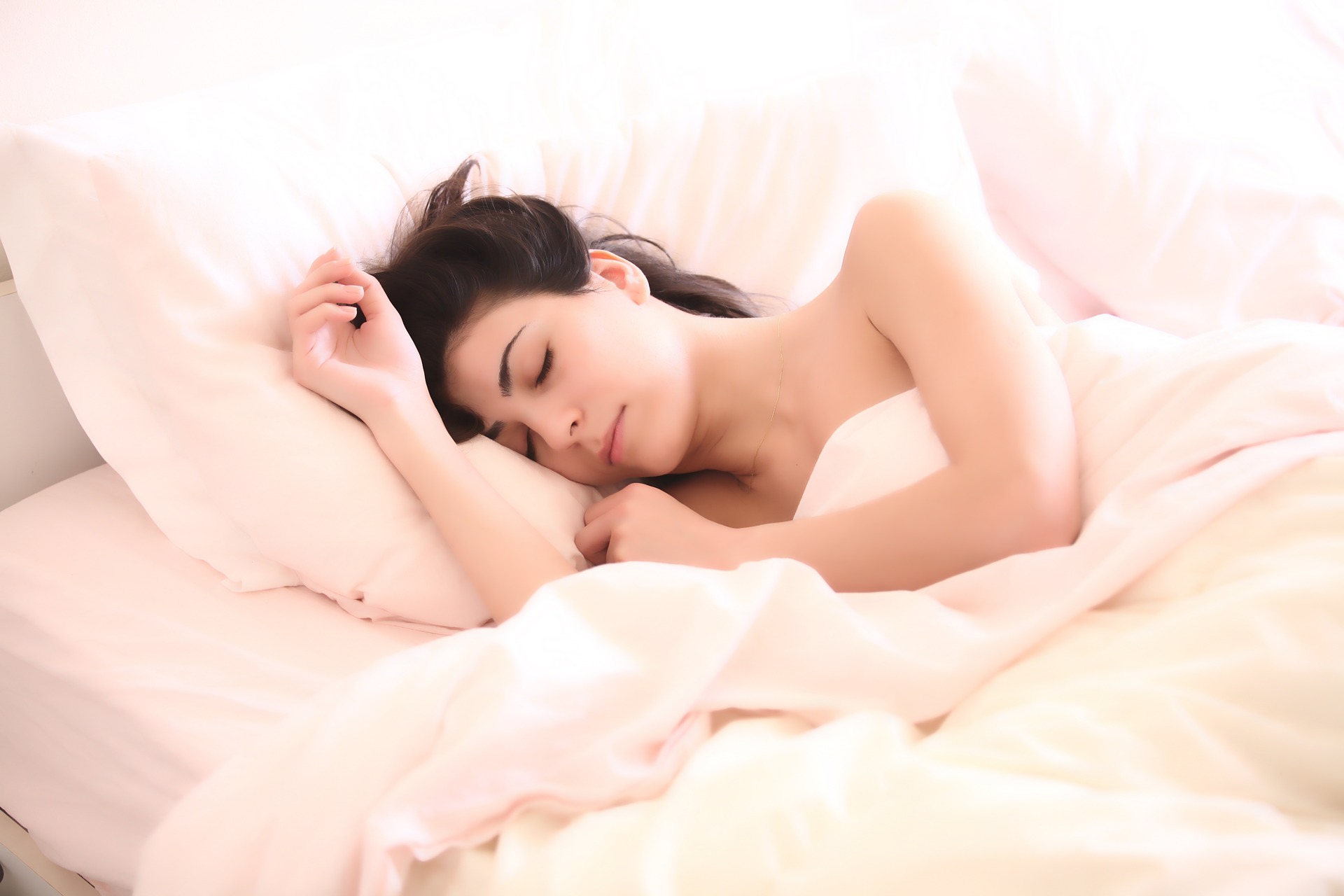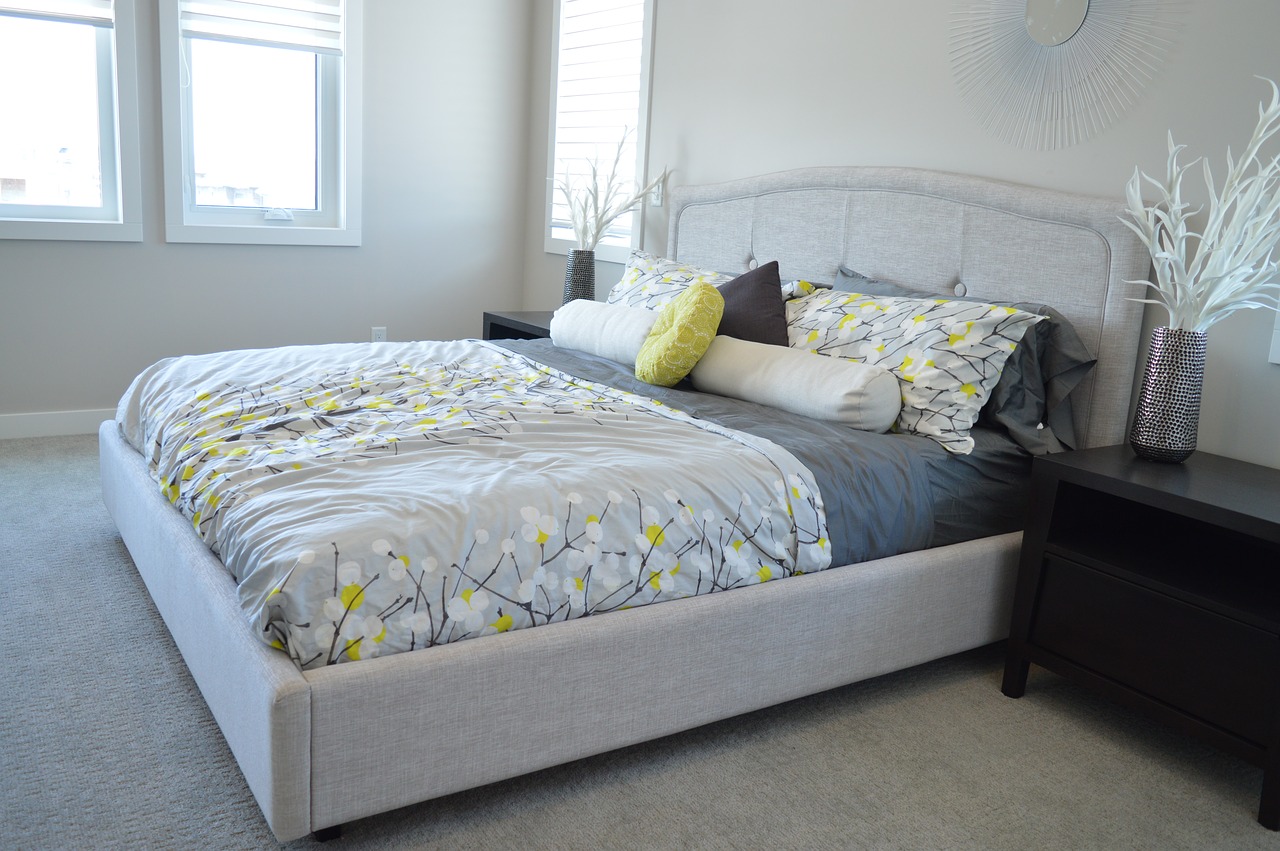
Wimbledon 2020 Cancelled
It is almost that time of the year when people would go watch a sporting

Fitbit has sleep tools that help you learn more about how you sleep, and take an active role in managing your sleep. Fitbit sleep tracking is just one of these tools, and it actually helps people sleep better.
Fitbit sleep tracking involves the recording of the times when you are asleep, and how long you are in the different stages of sleep. Understanding these stages is important to understanding the quality of your sleep, and moreover, how you can improve it.
Most Fitbit devices with heart-rate tracking will record the sleep stages you cycle through at night, while others will show you a sleep pattern of how much time you spend awake, how much time you remain restless before sleep comes or even during sleep, and how much time you are actually asleep.
The three sleep stages are light sleep, deep sleep, and REM sleep. Each of these cycles typically lasts about an hour and a half, and this is what each cycle means according to the National Sleep Foundation:
Your body goes into light sleep first as your body transitions from activity to rest. This is the longest period of light sleep during the night. You also experience light sleep as you transition from deep sleep to REM sleep. During light sleep, you can be somewhat between sleep and wakefulness, and can be can be easily awoken. This is the stage at which mental and physical recovery occur, which is where we get the idea of power naps to get an energy boost.
Deep sleep normally happens after being asleep for a few hours. Sufficient periods of solid, deep sleep is important to wake up feeling refreshed. The body is less alert during deep sleep, so it is more difficult to be awakened. The body is more relaxed, and slow breathing and a more regular heart rate indicate that the body is in another stage of physical recovery where the immune system gets a boost. Deep sleep also promotes better memory and learning. People who are unable to get proper deep sleep are therefore more prone to illness and can experience poor performance during waking hours.
REM – rapid eye movement – sleep typically comes after the first period of deep sleep. REM sleep last longer later in the night, and the brain becomes more active. This is when you are most likely to dream, and your eyes move in different directions, hence the name. Because of this brain activity, your heart rate increases and your breathing becomes more irregular. To protect the body from acting out dreams, the muscles below the neck are inactive in most people, but some experience what we know as sleepwalking. REM sleep is also important for aggregating information for learning and processing it for storage in long-term memory.
![]() Fitbit sleep tracking allows you to see your typical sleeping pattern, and learn from this how well or poorly you sleep. This is something that you would otherwise have no way of knowing, unless you signed up at a clinic for an in-depth sleep test (which cost a lot, takes a lot of time, and isn’t particularly comfortable or convenient). By seeing your sleep data, you learn what’s good and bad and what might be happening while you sleep. More than this, Fitbit sleep tracking helps you to seek solutions to specific sleep problems.
Fitbit sleep tracking allows you to see your typical sleeping pattern, and learn from this how well or poorly you sleep. This is something that you would otherwise have no way of knowing, unless you signed up at a clinic for an in-depth sleep test (which cost a lot, takes a lot of time, and isn’t particularly comfortable or convenient). By seeing your sleep data, you learn what’s good and bad and what might be happening while you sleep. More than this, Fitbit sleep tracking helps you to seek solutions to specific sleep problems.
For instance, are you not getting long enough periods of deep sleep? You might want to cut down on caffeine and other substances that can prevent you from fully entering this important sleep stage for full physical recovery. You may also want to use a more comfortable pillow or supportive mattress to avoid body pain, a leading cause of poor sleep. Are you restless in between light sleep and deep sleep? Your sleep transition may suffer disruptions from ambient light and noise that you can remedy by using a blackout eye mask and ear plugs, or by closing windows and hanging blackout curtains, and avoiding the use of electronics before bedtime.
With Fitbit sleep tracking, you are more informed about what is causing you to have trouble sleeping or why you seem to sleep but don’t feel rested when you wake up. Then, you can take steps and set sleep goals on your device to improve your sleep quality, like switching your device to sensitive mode for more detailed recordings. That way, you will be on your way to better waking performance and overall better health. Use Fitbit sleep tracking insights to get personalised guidance that becomes more accurate over time, like advice for keeping regular sleep and wake times, and setting sleep reminders on your device as well as gentle alarms to help you wake up more naturally.

It is almost that time of the year when people would go watch a sporting

Queen Elizabeth II has two birthdays to celebrate: her actual birthday on 21 April and

The first of May is celebrated by many countries around the world as Labour Day